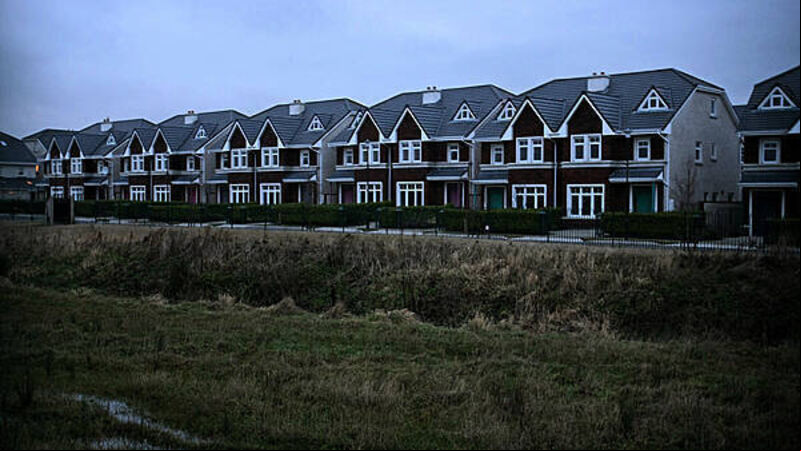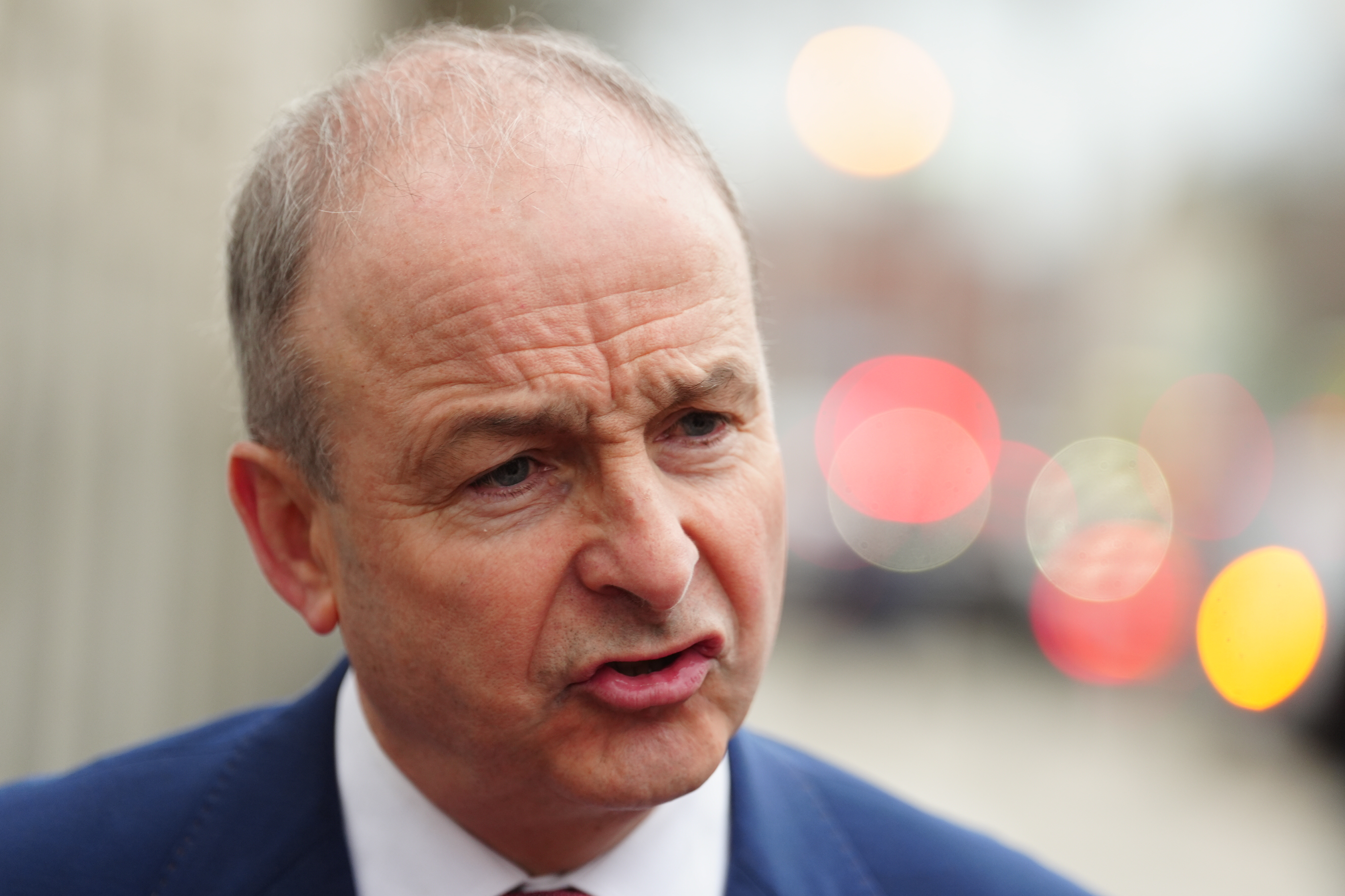Average rents rose by 5.7% last year – report

By Gráinne Ní Aodha, PA
Rents rose by an average of 5.7 per cent last year, according to the latest report from property website Daft.ie.
In Dublin, rents in the final quarter of the year were four per cent higher than a year earlier, at an average of €2,481 a month.
Cork city rents were up by 10 per cent, in Galway city they were up 9.9 per cent, and in Limerick city, they were up 19 per cent.
The overall increase of 5.7 per cent is down slightly from 6.8% in 2023.
The average rent cost in the final quarter of 2024 was €1,956 per month, which is 43 per cent higher than before the Covid-19 pandemic.

It comes after the Government was criticised for indicating that two per cent rent caps in some regions could be removed.
Rent pressure zones (RPZs) were introduced in 2016 to help control spiralling increases.
The regulations are due to expire on December 31st.
Sinn Féin, Labour and People Before Profit said comments by the Taoiseach Micheál Martin – signalling that the caps could be removed – have caused fear among renters.
The Government said it will decide whether to extend the caps or reform them in line with a Housing Commission recommendation for a “rent reference” system.
Mr Martin said last week that the Government would “be protecting renters”, while Tánaiste and Foreign Affairs Minister Simon Harris said he would need assurances that “renters are going to be protected” in any policy change.
In Dublin, rents in the final quarter of the year were 4% higher than a year earlier, while outside the capital, they were 7% higher – the smallest gap between the two in almost two years.
In the cities of Cork and Galway, rents were €2,097 and €2,197 respectively, and in Limerick city they stood at €2,271.
On February 1st, there were fewer than 2,300 homes available to rent across the country, down a quarter on the same date a year before and well below the 2015-19 average of almost 4,400.
Daft.ie report author Ronan Lyons, associate professor in economics at Trinity College Dublin, said a shortage of rental housing continues to “plague the market”.
He said it was “driving rents in the open market further up and creating a wedge between those that get the benefit from rent controls and those that don’t”.
“Rents for movers have increased by almost half since rent controls were tightened in 2021, while rents for ‘stayers’ have risen by just seven per cent in the same time.
“As the rental crisis enters its second decade, significant reform is needed to rent controls both to avoid a situation where the pressure in the market falls disproportionately on some renters and, more importantly, to ensure that new supply comes on stream over the coming years.
“Rising rents are a signal of a shortage of rental housing. The ultimate solution to that shortage is to ensure new rental housing is built. This must be central to housing policy for the new Government.”









